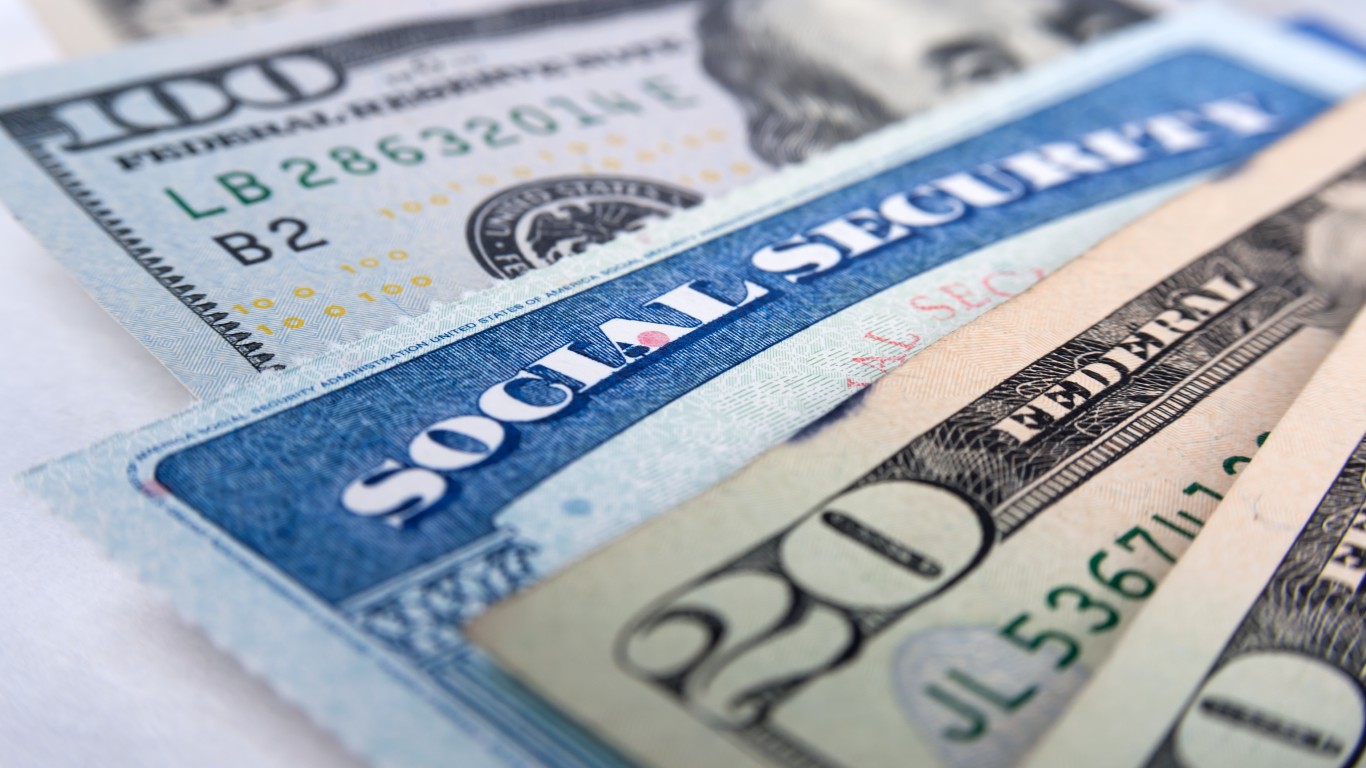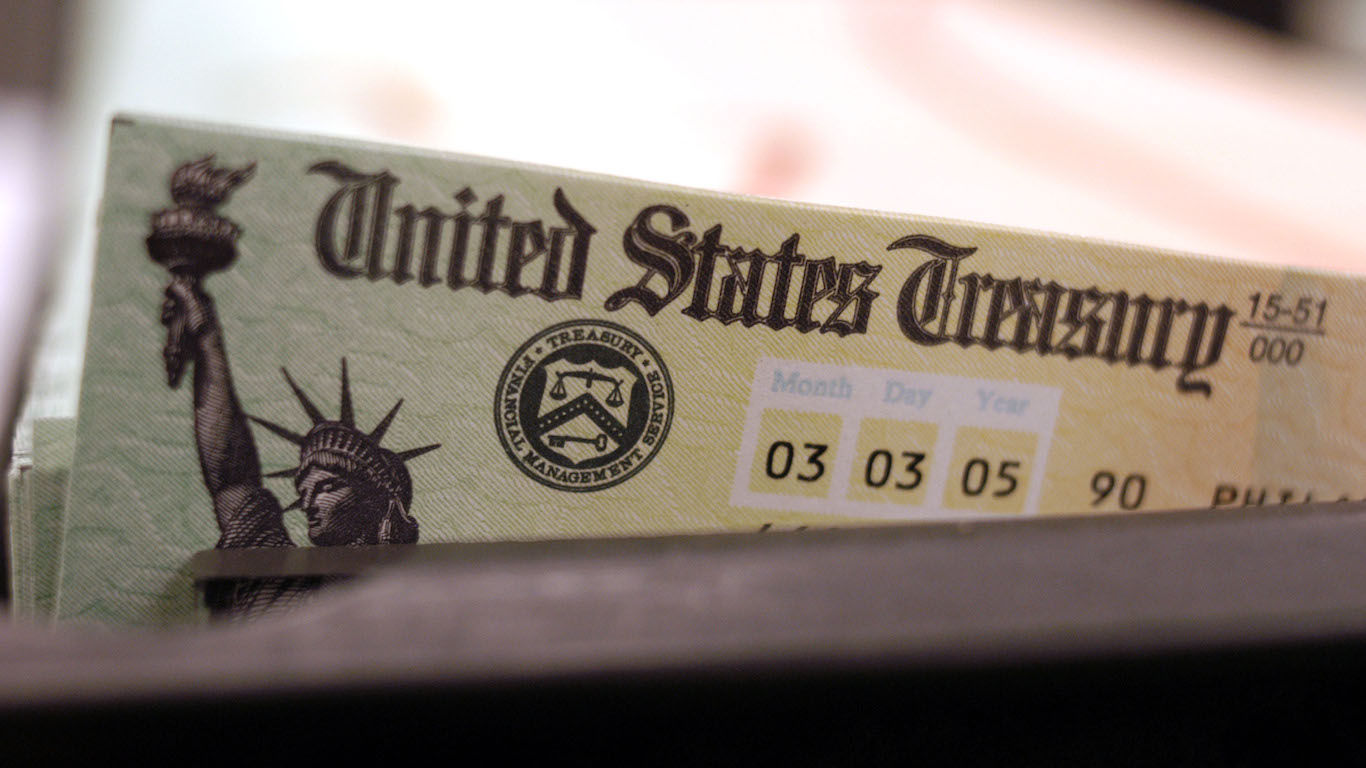Investing
Major Social Security Changes Will Put More Money in Over 7 Million American's Pockets

Published:

Millions of low-income Americans who rely on Social Security income are in line for relief later this year. The Social Security Administration (SSA) has updated a legacy rule around Supplemental Security Income (SSI) that will bolster access to benefits for households that need the most help.
SSI is a program that currently delivers monthly checks to 7.5 million seniors and families in need. These include households with children or adults who suffer from disabilities or blindness as well as people 65 or older. The supplemental income funds can be directed toward payments like rent, groceries, clothing and healthcare. But to qualify for this benefit, applicants must fall into the low-income, low-resources tier.
By expanding the definition of a public assistance household, which was first established in 1980, and publishing a final rule around it, the SSA has loosened the guardrails surrounding eligibility. Now more households will qualify for the program, including those who receive Supplemental Nutrition Assistance Program (SNAP) benefits, which was the maiden public-income maintenance benefit added to the public assistance household definition at the program’s inception.
According to Pew Research, roughly 42 million individuals across over 22 million households receive SNAP benefits. Meanwhile, close to 304,000 of SSI recipients were considered public-assistance households as of early 2023.
The standing rule has served as a barrier to benefits for many seniors in need, and the change has been a long time coming, according to The Arc’s Darcy Milburn. The rule changes will go into effect on Sept. 30 but can’t come soon enough for families who continue to struggle to make ends meet in a challenging economy riddled with elevated inflation and high interest rates.

Under the expanded rule, individuals who are part of the SNAP program, which helps low-income families afford more groceries, as well as residences where not all members are in need of public assistance can still qualify as public assistance households. This marks a pivot from the previous requirement that all household members must receive public assistance to qualify. As a result, more families will become eligible for monthly SSI checks.
The SSA estimates that 277,000 SSI families, or 4% of the total cohort, will become eligible for higher monthly payments, while another 1%, or 109,000 people, are now likely to qualify for SSI thanks to the rule change.
Additionally, those who are already part of the program, which according to National Disability Institute’s Lydia Brown has been inadequate to “fully account for the needs people have,” could start receiving bigger monthly check sizes. As an added benefit, the changes also mean less paperwork for low-income families looking to qualify for these Social Security benefits.
SSI benefits are currently capped at $943 and $1,415 for qualifying individuals and couples, respectively. Brown believes the updated rule is a “positive move in the right direction.”
Are you ahead, or behind on retirement? For families with more than $500,000 saved for retirement, finding a financial advisor who puts your interest first can be the difference, and today it’s easier than ever. SmartAsset’s free tool matches you with up to three fiduciary financial advisors who serve your area in minutes. Each advisor has been carefully vetted and must act in your best interests. Start your search now.
If you’ve saved and built a substantial nest egg for you and your family, don’t delay; get started right here and help your retirement dreams become a retirement reality.
Thank you for reading! Have some feedback for us?
Contact the 24/7 Wall St. editorial team.